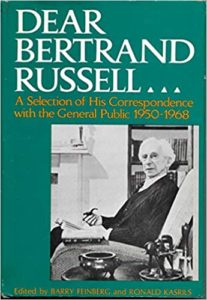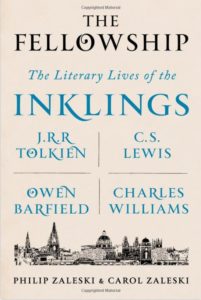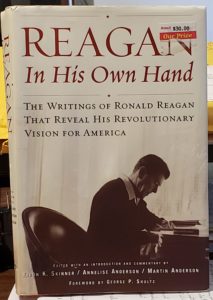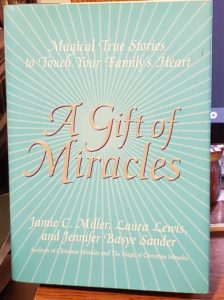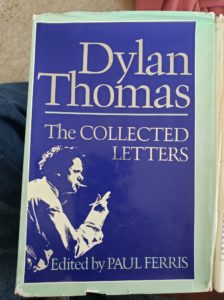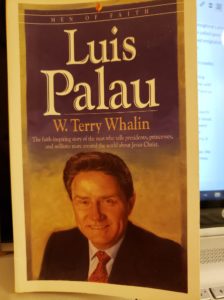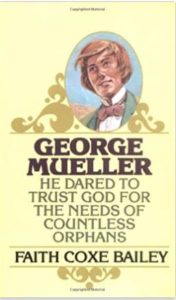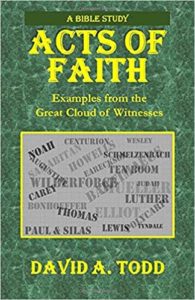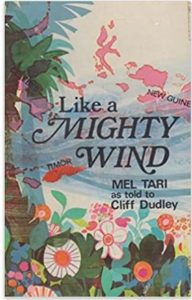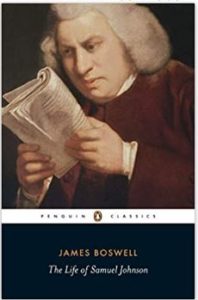
It seems that whatever British author I read in the 1800s and 1900s, reference is always made to The Life of Samuel Johnson by James Boswell. Obviously, this is an important book. As a result, some years ago, I picked up a used copy somewhere and put in in the reading pile. Sometime in May, I was looking for a book to read, preferably a book that I would read and then get rid of. I saw this on my closet bookshelf. The 631 pages sort of turned me off, but I thought, why not?
It took me over a month to read this. Wikipedia says “It has often been described as the greatest biography ever written.” Would it prove so?
I had often heard of Johnson. Carlyle and McCauley wrote essays about him, or about this biography. C.S. Lewis frequently made references to him, or at least to this book, in his letters. Johnson was a writer. His most famous work was an English dictionary. I’m not sure if it was the first one published, but for sure it was an early and influential one. He also published The Rambler for three years, followed by The Adventurer.
Johnson’s works span essays, pamphlets, periodicals, sermons, poetry, biographies, criticism, the dictionary, and a novella. Sounds like he had the same writing malady that I do, Genre Focus Disorder.
Boswell had befriended Johnson, who willingly accepted the younger man into his circle of friends. Boswell kept a journal that included summaries of their conversations, recorded shortly after they had taken place. After Johnson’s death in 1784 at age 75, Boswell got to work on the biography. Published in 1791, it took England by storm. Boswell worked in many of those conversations. He also quoted extensively from his and Johnson’s correspondence, as well as of letters between Johnson and others. That resulted in a work that was varied in contents and made this biography much different than biographies published to that date.
Since then, this book has come under criticism for being less than a true portrait of Johnson. Boswell himself came in for criticism. McCauley said he was:
“Servile and impertinent, shallow and pedantic, a bigot and a sot, bloated with family pride, and eternally blustering about the dignity of a born gentleman, yet stooping to be a talebearer, an eavesdropper, a common butt in the taverns of London[;] … such was this man, and such he was content and proud to be”.
Of course, knowing how opinionated McCauley could be, I would not accept this assessment at face value. Thomas Carlyle also wrote about Johnson and this biography, one of Carlyle’s works I haven’t read yet, but will soon.
So I have now read this book. I’m glad I did so. Am I enlightened? Do I agree it is “the greatest biography ever written”? Is it a keeper.
Yes, I am enlightened, or perhaps I should say educated, about Johnson’s life. I had heard of him, but really didn’t know anything about him except his era and his general works. Now, I am more enlightened about the man, his life, and his works. I don’t know that I would classify this as the greatest biography ever written by modern standards. But, then again, I don’t know that I would hold any bio I’ve read head and shoulders above others. Biography is great and I enjoy reading them. This is a good one, but, in my opinion, not “the greatest”.
And, it is NOT a keeper. Now that I’ve written this post, out to the donation/sale shelf in the garage it will go. I just took a load of books and other stuff to a thrift store on Wednesday, so Johnson and Boswell might sit there awhile, gathering dust. Perhaps I’ll have a visitor to the house who will want this, and I will gladly give it to him or her.
